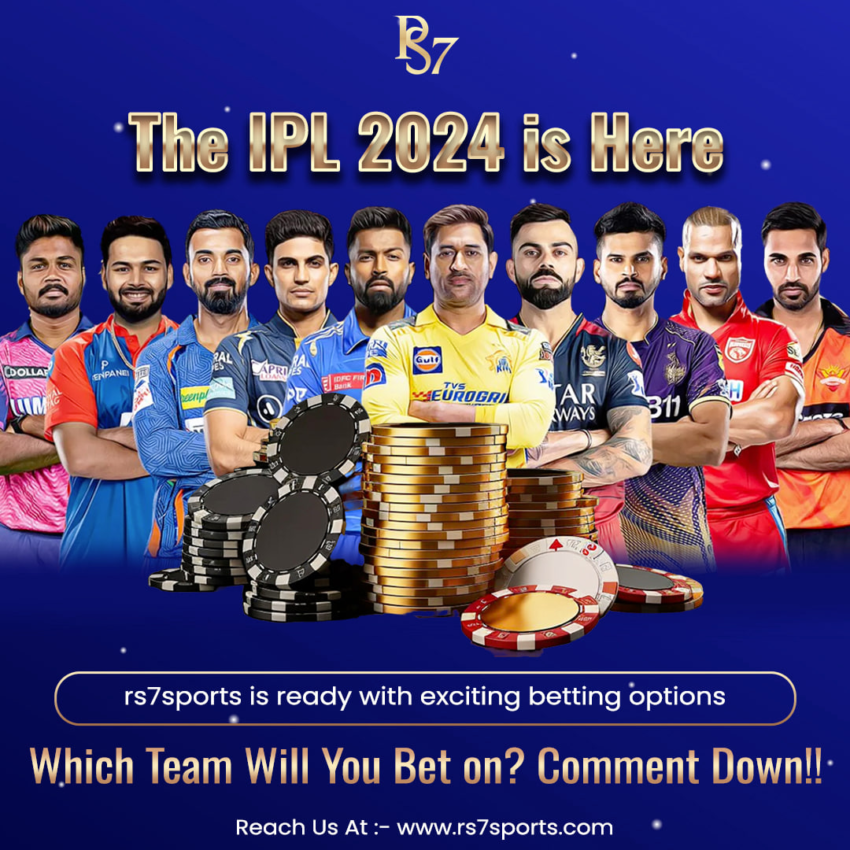In the realm of sports, conspiracy theories often find fertile ground to flourish. One such persistent notion revolves around the Indian Premier League (IPL), the world’s most popular and lucrative T20 cricket tournament. Speculations and murmurs questioning the authenticity of IPL matches have swirled around for years, with some fervently claiming that the league is scripted, predetermined, or influenced by external forces. In this article, we delve into the depths of this intriguing topic, examining the evidence and rationale behind the allegations while unraveling the truth behind the IPL scripting myth.
Historical Context:
Since its inception in 2008, the IPL has revolutionized cricket, blending entertainment with sporting prowess to captivate millions of fans worldwide. Its glitz, glamour, and fierce competition have made it a cornerstone of modern cricketing culture. However, alongside its meteoric rise, the IPL has also faced its fair share of controversies, ranging from match-fixing scandals to allegations of favoritism and corruption. These incidents have fueled suspicions regarding the integrity of the tournament, giving rise to the notion of scripted matches.
The Allegations:
Proponents of the IPL scripting theory often cite various factors to support their claims. One common argument revolves around the commercial interests driving the league. Critics argue that team owners, sponsors, and broadcasting networks exert substantial influence over match outcomes to maximize viewership and revenue. Additionally, the involvement of high-profile celebrities, businessmen, and politicians in IPL franchises adds fuel to the speculation, with skeptics questioning the transparency and impartiality of decision-making within the league.
Analyzing the Claims:
While the notion of scripted IPL matches may seem plausible to some, a closer examination reveals significant flaws in the argument. Cricket, like any sport, is inherently unpredictable, with numerous variables influencing match outcomes. The sheer complexity of orchestrating scripted matches involving professional athletes, team management, match officials, and other stakeholders makes it logistically implausible. Moreover, the stringent regulations, anti-corruption measures, and oversight mechanisms implemented by the Board of Control for Cricket in India (BCCI) and the International Cricket Council (ICC) serve as robust safeguards against malpractices.
Counterarguments:
Critics of the IPL scripting theory often point to the competitive spirit and sporting integrity ingrained within the cricketing community. Players and teams strive for victory, driven by a passion for the game and the desire to excel on the field. Any attempts to manipulate match outcomes would not only undermine the essence of cricket but also jeopardize the reputations and careers of those involved. Furthermore, the IPL’s immense popularity and global scrutiny make it highly improbable for any clandestine activities to go unnoticed or unpunished.
Conclusion:
In conclusion, while conspiracy theories surrounding the IPL may persist, the evidence suggests that claims of scripting are largely unfounded. The IPL remains a testament to the spirit of cricket, showcasing the talents of players and the excitement of competitive sport. While controversies may arise from time to time, the resilience of the IPL in upholding its integrity and credibility remains unwavering. As fans continue to revel in the spectacle of cricket’s premier T20 tournament, it is essential to separate fact from fiction and appreciate the beauty of the game in its purest form.
